Charitable giving is more than just a magnanimous gesture; it's a profound opportunity to make a tangible difference while reaping personal rewards. By understanding the diverse options available, you can amplify the positive impact of your contributions and potentially enjoy benefits like tax deductions. Let’s explore some effective methods that promise both personal satisfaction and financial incentives.
Donate Appreciated Assets
One of the most tax-efficient ways to give is by donating appreciated assets such as stocks or real estate. This approach enables you to bypass the capital gains tax that would apply if you sold the asset, allowing you to donate more substantially without reducing your income. For instance, contributing a piece of appreciated property not only benefits the charity but also allows you to claim a tax deduction based on the asset's full market value. This method can significantly enhance the impact of your contribution.
Donor-Advised Funds (DAFs)
A growing favorite among philanthropists is the Donor-Advised Fund. This dedicated charitable account offers immediate tax benefits, as contributions are deductible right away. Funds in the DAF can then be directed to various charities over time, and any growth in the fund occurs tax-free. Imagine creating a lasting legacy by regularly supporting multiple causes without the complexities of setting up a private foundation.
Strategic Timing of Contributions
Aligning your charitable donations with your financial timeline can maximize benefits. Larger contributions in high-income years can offer significant tax deductions, reducing your taxable income. This strategy is particularly effective with DAFs, allowing contributions now while deciding on beneficiaries later, offering both flexibility and control over your philanthropic journey.
Qualified Charitable Distributions (QCDs)
For those 70½ years or older, Qualified Charitable Distributions offer a tax-efficient means of giving. By directing up to $105,000 tax-free from traditional IRAs to eligible charities, you not only meet your required minimum distributions but also potentially lower your taxable income. It’s a strategic way for retirees to manage their resources while supporting causes they care about.
Ensuring Effective Charitable Giving
- Donate to Recognized Charities: Ensure your chosen charity is IRS-recognized for the contributions to be tax-deductible.
- Understand Deduction Limits: Be aware that deduction limits usually cap at 60% of your adjusted gross income.
- Document Contributions: Maintain detailed records of donations for tax reporting and audit avoidance.
Thoughtful charitable giving doesn’t just uplift others; it enriches your life both emotionally and financially. Armed with the right strategies, your contributions can extend far beyond financial aid, fostering lasting change. Consider reaching out to experts in philanthropic planning to further refine your strategy and maximize the benefits for all involved.


